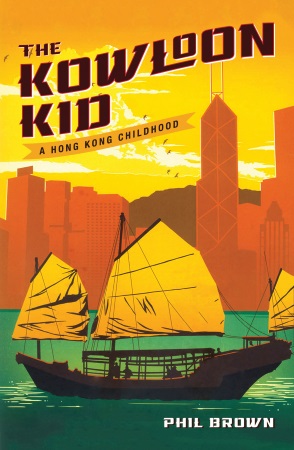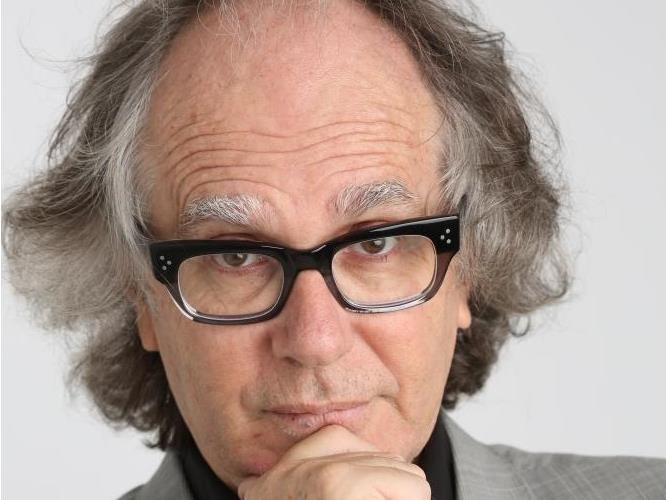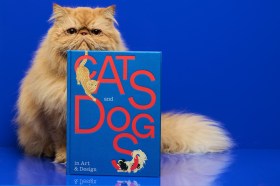Phil Brown avers that he enjoys writing about himself and ‘if that is self-indulgent you don’t know the half of it’. He also admits to being ‘an unreconstructed Hong Kong tragic’. In his memoir, The Kowloon Kid: A Hong Kong Childhood, he demonstrates both these characteristics.
Brown was still a schoolboy when his father moved the family from Hong Kong to Australia, and he was devastated to leave. Since then, Brown has visited Hong Kong many times. He describes episodes from those visits interspersed with reminiscences of his Hong Kong childhood.
Some of these episodes are interesting, or amusing, or both, such as when a perceptive school teacher recognised ten-year-old Brown’s love of music. He and a few friends formed a band they called The Sidetracks, which was engaged to do a concert in front of the whole school. They performed Black is Black by Los Bravos and also Barry McGuire’s 1965 protest song, Eve of Destruction. Brown recollects:
‘It was, it must be said, a tad apocalyptic for a primary school audience. I still remember seeing a look of concern on one teacher’s face as we sang of adult fears, denouncing hate, hypocrisy, bloodletting – and, what must have horrified every adult in the room because of its “security implications”, a starkly disturbing vision of the Eastern world exploding.’
Among the things about Hong Kong that Brown favours most is the magnificent Peninsular Hotel, colloquially known as the Pen. His parents took him there frequently when he was a boy, and he still stays there from time to time when he visits, surveying the harbour view – a fascinating sight many visitors to Hong Kong will remember fondly even if their vantage was from a less luxurious hotel.
Brown is a shameless name-dropper. A number of his anecdotes refer to famous people he has met. He also recounts some of his family history, particularly of his father, who was a very successful construction engineer but unfortunately drank too much and died early.
Brown’s early years, in a city now forever changed, are rendered the most vividly. The expats lived a life very different from those of most of the local inhabitants; Brown’s was a privileged childhood, his father a wealthy foreigner. The Vietnam War, the first man on the moon, and the Cultural Revolution in China all get a mention, but they made little impression on the young Brown’s lifestyle, whereas the music of that period – the era of the Beatles – most certainly did.
Brown writes well with a seemingly effortless fluency. He admits to being a ‘Hong Kong bore in the same way that John Howard is a cricket tragic.’ Like John Howard, he is erudite about his subject. He is also correct about being, at least at times, a bore. This memoir, together with the included photographs, may well be treasured by Brown’s family and relations; for the wider public it is all a bit too much, unless you are a Hong Kong tragic like the author.
2.5 stars out of 5 ★★☆
The Kowloon Kid: A Hong Kong Childhood by Phil Brown
Publisher: Transit Lounge
ISBN: 9781925760361
Format: Trade Paperback
Categories: Non-Fiction | Memoir
Pages: 272pp plus 8pp illustration insert
Release Date: 1 August 2019
RRP: $29.99






